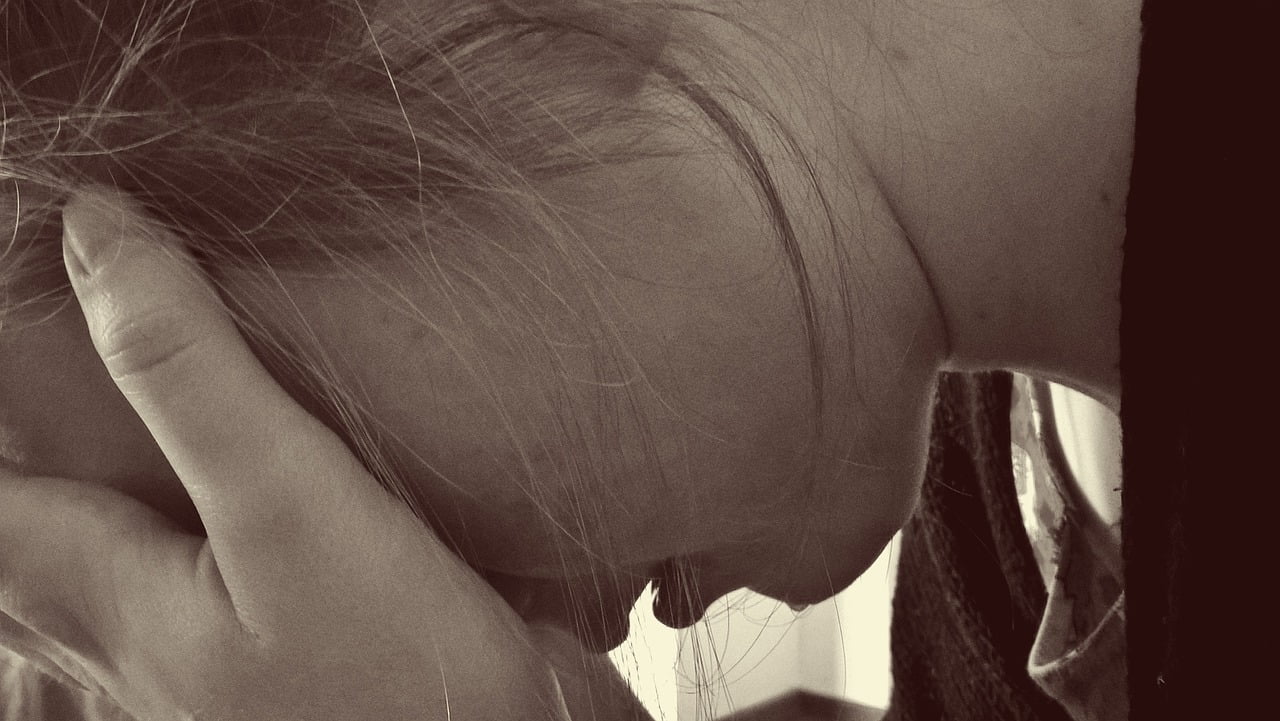This article was first published by The Times of Israel and was re-posted with permission.
The tough act of balancing work and home life, along with other domestic and professional challenges, may be a contributor to the higher burnout rates found among female oncologists compared to their male colleagues. And by reducing these outside stresses, oncologists may be able to cope more effectively with patient death.
A Ben Gurion University study set out to look at gender differences in grief reactions, burnout and emotional distress among clinical oncologists, their reactions to patient deaths and emotional distress.
SEE ALSO: Research: Doctors Should Be Trained To Talk About Death
The results, published in the journal Cancer, found that women reported significantly more grief over the death of their patients, more emotional distress and more burnout. While overall women reported more burnout, they reported emotional distress and grief responses only when they reached relatively higher levels of burnout compared to their male colleagues, who experienced these feelings even with moderate burnout.
For both men and women, however, higher levels of grief and emotional distress were felt among those who reported high levels of burnout.
SEE ALSO: Study: Doctors Should Set Personal Example With Medical Procedures
Burnout is a type of psychological stress in which sufferers feel exhaustion, lack of enthusiasm and ineffectiveness, and it can lead to people leaving their jobs earlier than retirement age. The condition is a big issue among oncologists and many studies have documented its prevalence, yet few have attempted to determine what is associated with the high burnout rate. Gender is an important variable to examine in this context, primary investigator Dr. Leeat Granek of BGU’s Department of Public Health said.
The researchers surveyed 178 oncologists from Israel and Canada, 100 of whom were women.
The study results indicate that the medical system should look at the cumulative stressors oncologists face on a day-to-day basis, Granek said in a statement, and take into account gender differences when helping the physicians cope with patient death and dealing with burnout.
To read the full article, click here.
Related posts

Israeli Medical Technologies That Could Change The World

Rehabilitation Nation: Israeli Innovation On Road To Healing







Facebook comments